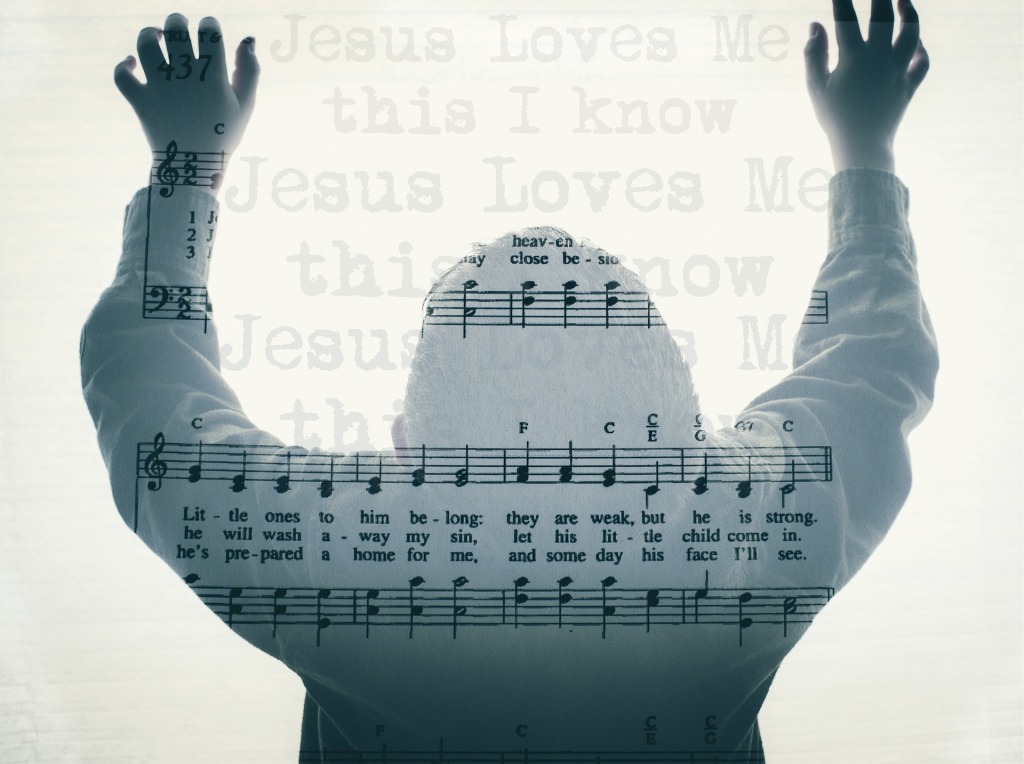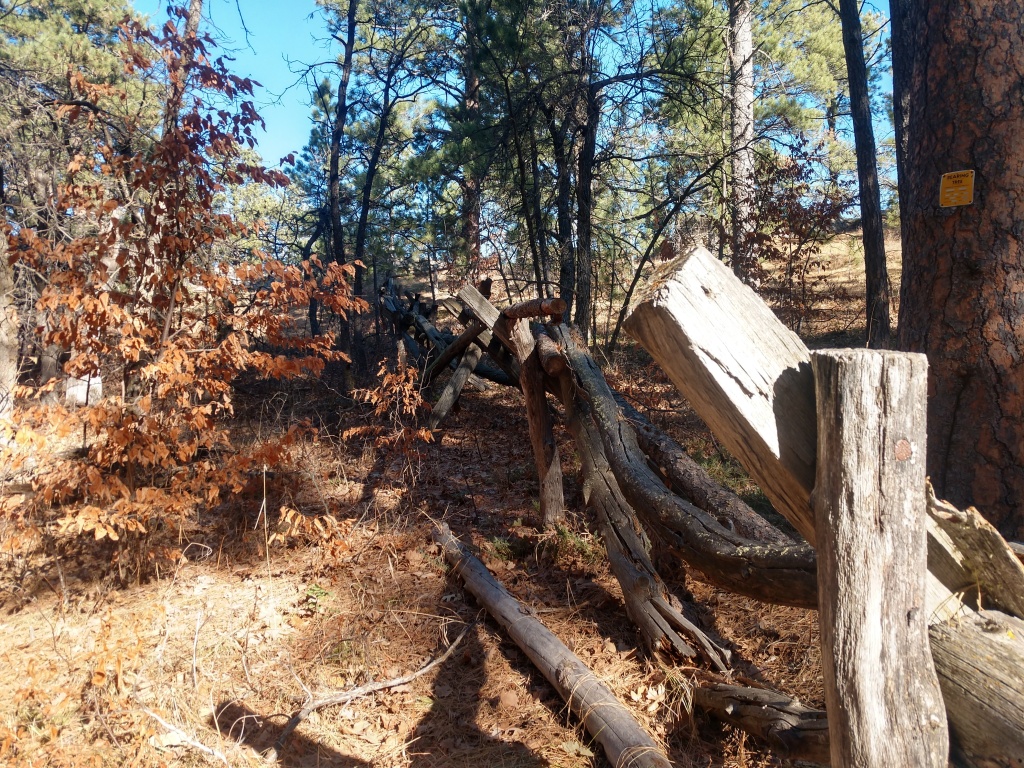Reading: Psalm 66:1-12
Verse 12: “We went through fire and water, but you brought us to a place of abundance.”

What is it that gets you through a hard time? What words can or do you sing or listen to when hardship becomes your reality? For the Israelites, Psalm 66 would’ve been a response to these questions. In spite of the current suffering, Psalm 66 would lift their spirits, reminding them of how God was faithful without fail in the past. Again and again God has guided the people through times that have tested their faith. This song would be sung with joy and would bring hope.
Traditionally today would be the day of preparing for the Sabbath, the day of rest and prayer to ready oneself to worship God. Most of us have lost the sacredness of our Saturdays. Most people work 5 (or 6) days a week and today (or tomorrow) is the day to run errands, to get get stuff done around the house… For many, life is so crammed full that even if they make it to church, the to-do list and/or the busy schedule for the rest of the day inhibits slowing down and really connecting to God. Yet even when all of this (or most or some of it) is true, God remains faithful.
Where in your day today do you have time to rest in God’s presence? It might just be 15 minutes. That is ok. Whether walking in the valley, beaming on the mountaintop, or if life is somewhere in the middle – what songs or scriptures draw you into worship and into connection with God? Find a song or scripture or three and listen to or sing or read and pray through them. Worship God. Today. Recall God’s goodness and faithfulness. Think of God’s rescues and redemptions in your life. Sing or say with the psalmist: “We went through fire and water, but you brought us to a place of abundance” and worship God today.
Prayer: Lord God, draw me into you, into that sacred place where I can dwell for a bit in your abundance. Cover me in your love, fill me with your grace, wrap me in your healing. Amen.









